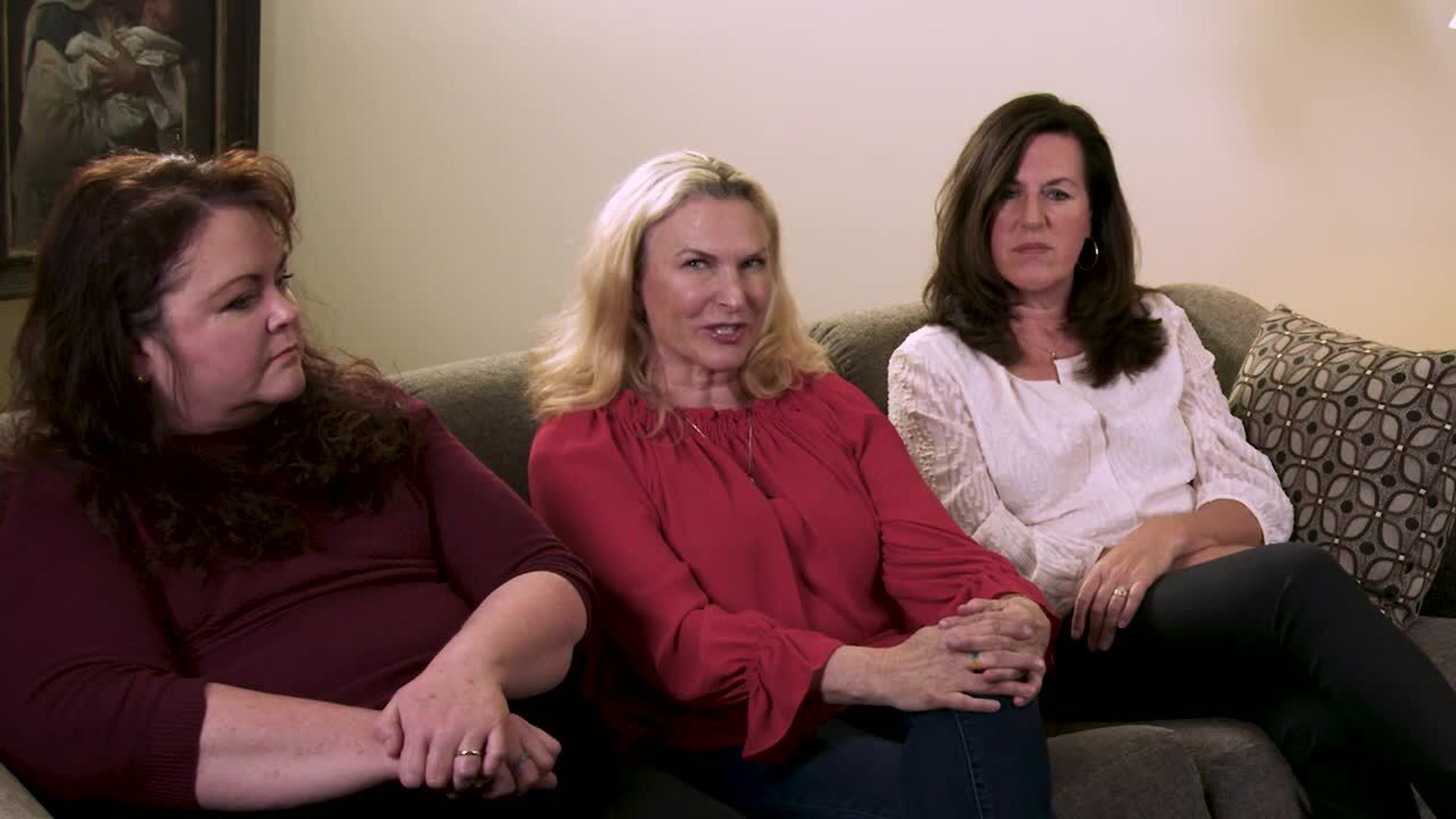Health
Crisis Intervention: There's an App for That

The Trevor Project partners with Facebook to reach LGBT youth in crisis through instant messaging.
May 16 2017 4:00 PM EST
March 08 2019 1:31 AM EST
trudestress
By continuing to use our site, you agree to our Private Policy and Terms of Use.

The Trevor Project partners with Facebook to reach LGBT youth in crisis through instant messaging.
The day after the 2016 presidential election, the Trevor Project had its highest volume of incoming crisis calls ever -- twice the number received after the Pulse massacre.
Now, with that and the ongoing problem of LGBT youth suicides and general emotional crises in mind, Trevor is partnering with Facebook to provide support via Messenger, the social media site's instant messaging application.
"This is really Trevor keeping up with the times," says David Bond, the Trevor Project's vice president of programs. "Moving into social media app-based intervention is really a new frontier." Studies indicate that when young people use their phones and other handheld devices to communicate, they spend 90 percent of the time on apps, he notes.
Facebook announced the option of crisis intervention via Messenger about two months ago, with participating organizations including the Crisis Text Line, the National Eating Disorder Association, and the National Suicide Prevention Lifeline. "We're super excited to add the Trevor Project," says Antigone Davis, Facebook's head of global safety. The social media site has already worked with Trevor on other programs, she says.
It's part of Facebook's ongoing effort to offer assistance to people in crisis, especially given that some people have used the site to make their crises very public. "There have been terribly tragic events -- like suicides, some live streamed -- that perhaps could have been prevented if someone had realized what was happening and reported them sooner," Facebook cofounder and CEO Mark Zuckerberg wrote in January.
The site has had suicide prevention and other crisis intervention tools in place for more than 10 years, Davis says, but is always trying to upgrade and expand them, and raise public awareness of the options. In May, which is Mental Health Awareness Month, Facebook is highlighting the many support groups using the site to connect. For instance, Mama Dragons, a group of mothers seeking the best ways to support their LGBT children, has evolved from a message thread of eight Utah Mormon mothers to a nationwide group of more than 1,000 mothers from all backgrounds (watch a video about the group below).
Instagram, which is owned by Facebook, also has links to a variety of support services, including the Trevor Project, through its #HereForYou initiative on Instagram-Together.com.
Meanwhile, a new study indicates that lesbian, gay, and bisexual young people dealing with stress related to their sexual orientation get the most effective help through LGB-specific resources.
The study, led by University of Arizona researcher Russell Toomey, looked at 245 LGB young adults' retrospective reports of how they coped with such stress during adolescence. The data came from the Family Acceptance Project, affiliated with San Francisco State University.
"In our study, we demonstrate for one of the first times that if youth cope with LGB-related stress by seeking out LGB spaces or information, it promotes health and reduced likelihood of dropping out of high school," Toomey said in a University of Arizona press release. These might include gay-straight alliances in schools or even just a pamphlet in a guidance counselor's office, he said.
The use of such resources produces better results than simply telling young people that "it gets better," Toomey added. "Everybody needs community," he said. "Everybody needs support, and it's really important, particularly in adolescence, to find other people who are like you, since you are going through, developmentally, a stage where you may frequently think that you're the only one that's experiencing whatever you're experiencing. Having a support group where other people look like you and experience the same thing as you is really important for health, well-being, development, and sense of identity."
The study will be published in the Journal of Homosexuality.
For LGBT youth (ages 24 and younger) contemplating suicide or otherwise in crisis, the Trevor Project Lifeline can be reached at (866) 488-7386. Trans Lifeline, focusing on transgender peoplem can be reached at (877) 565-8860. The National Suicide Prevention Lifeline at (800) 273-8255 can also be reached 24 hours a day by people of all ages and identities.

Viral post saying Republicans 'have two daddies now' has MAGA hot and bothered